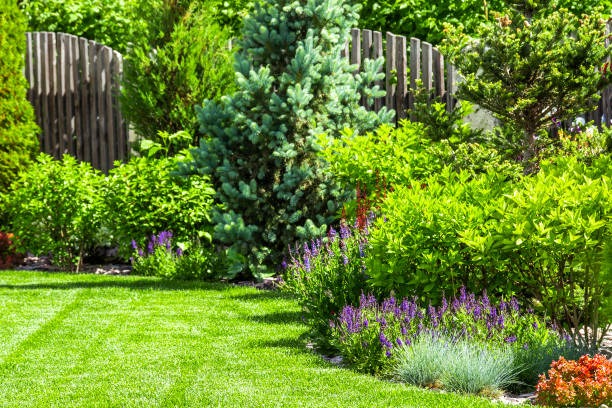Wellness is a journey, a continuous process of nurturing the body, mind, and spirit. It’s about finding balance in all aspects of life – physical, emotional, mental and spiritual. One unique way to embark on this healing journey is through garden-based therapy.
Gardening has been recognized for centuries as an activity that brings peace and tranquility to the soul. The simple act of planting seeds, nurturing them into sprouting plants and watching them grow offers a sense of accomplishment and satisfaction. But it goes far beyond just these feelings; it can also contribute significantly to our overall wellness.
The garden provides a serene environment where one can engage with nature in its purest form. It serves as an oasis from the hustle-bustle of daily life, offering solitude and space for introspection. The calming effect of greenery reduces stress levels by lowering cortisol – the stress hormone – thus promoting relaxation and enhancing mood.
Garden-based therapy taps into this innate connection between humans and nature known as biophilia. Planting your own food not only provides you with fresh produce but also fosters self-sufficiency which boosts confidence levels. The physical activity involved in gardening such as digging soil or watering plants aids muscle development while improving snow caps weed coordination skills.
Moreover, gardening encourages mindfulness – being present at the moment without distractions or judgmental thoughts – which is essential for mental health wellbeing. Being attentive to the growth process makes us more aware of natural cycles like seasons or plant life stages which instills patience and acceptance towards changes in life.
The healing power extends further when we consider therapeutic gardens designed specifically for people dealing with illnesses or disabilities like dementia or autism spectrum disorder (ASD). These gardens incorporate elements like sensory stimulation through different textures, colors or scents from various plants that trigger positive memories helping improve cognitive functions.
In addition to individual benefits, community gardens bring people together creating social connections fostering communal harmony. Sharing gardening experiences promotes intergenerational bonding and cultural exchanges that enrich our understanding of diversity.
Gardening also nurtures our relationship with the Earth. It makes us more conscious of environmental issues like climate change or biodiversity loss, encouraging sustainable practices like composting or organic farming. This connection with nature evokes feelings of gratitude and respect towards Mother Earth, enhancing spiritual wellbeing.
In essence, garden-based healing is a holistic approach to wellness that integrates physical, emotional, mental and spiritual health. It’s an empowering journey where we become active participants in our own healing process rather than passive recipients of medical treatments. In the garden, we learn to care for ourselves as much as we care for our plants; we realize that just like plants need sunlight, water and nutrients to grow healthy and strong – so do we.
As you embark on your garden-based healing journey remember this: every seed planted in love carries the potential to bloom into a beautiful flower; similarly every step taken towards self-care has the power to blossom into a healthier happier you. Indeed wellness blooms here – in the heart of the garden!




Leave a Reply